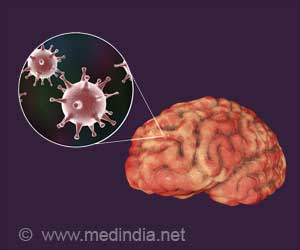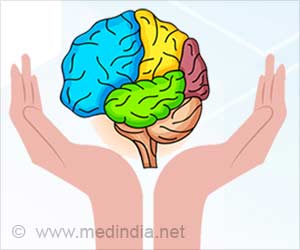Cholecystokinin (CCK), a novel satiety hormone, if present at higher levels could decrease a person's risk of developing Alzheimer’s disease, finds a new study.

‘Our diet plays a vital role in the prevention of Alzheimer’s disease or its progression. A new study says that the regulation of when and how much we eat can have some connection with how good our memory is.
’
Read More..




Using data from the Alzheimer's Disease Neuroimaging Initiative (ADNI), the researchers looked at the satiety hormone, Cholecystokinin (CCK), in 287 people. CCK is found in both the small intestines and the brain. In the small intestines, CCK allows for the absorption of fats and proteins. In the brain, CCK is located in the hippocampus, which is the memory-forming region of the brain, Willette said.Read More..
The researchers found for individuals who have higher CCK levels, their chance of having mild cognitive impairment, a precursor state to Alzheimer's disease, or Alzheimer's disease decreased by 65 percent. "It will hopefully help to shed further light on how satiety hormones in the blood and brain affect brain function," Willette said.
Why CCK?
Alexandra Plagman, lead author and graduate student in nutritional science, said they chose to focus on CCK because it is highly expressed in memory formation. The researchers wanted to see if there was any significance between levels of CCK and levels of memory and gray matter in the hippocampus and other important areas.
They also looked p-tau and tau proteins, which are thought to be toxic to the brain, to see how these might impact CCK and memory. They found that as tau levels increased, higher CCK was no longer related to less memory decline.
Advertisement
"By looking at the nutritional aspect, we can tell if a certain diet could prevent Alzheimer's disease or prevent progression of the disease," Plagman said.
Advertisement
Source-Eurekalert














